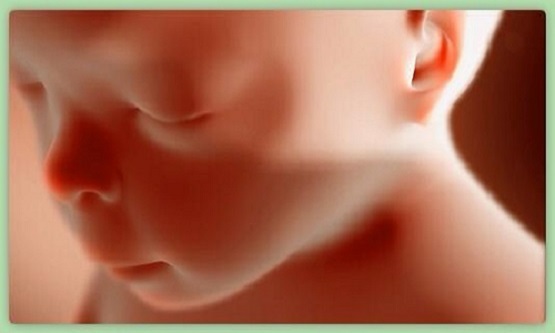Yesterday we heard that the Supreme Court will not hear the case Jane Doe et al. v. McKee, arising out of Rhode Island and asking that the Court recognize the rights of unborn babies under the Constitution.
This should not be surprising, nor should it at all be discouraging.
We know that the unborn are persons. Moreover, the 14th Amendment protects the right to life.
In the Dobbs decision of June 24th, the Supreme Court gave us, the people, and our elected representatives at every level of government, more of an opportunity to bring public policy into line with that truth than we have had in 50 years.
Contrary to the fearmongering of abortion supporters, the Dobbs Court did not take a position on the rights of the unborn. Rather, the Court has just told us that this is a matter for the people to decide.
So let’s go ahead and do so.
In fact, the Court in Dobbs went out of its way to point out that the door is open for the law to define personhood from conception. The decision states,
“A law regulating abortion, like other health and welfare laws, is entitled to a “strong presumption of validity.” It must be sustained if there is a rational basis on which the legislature could have thought that it would serve legitimate state interests. These legitimate interests include respect for and preservation of prenatal life at all stages of development…” (emphasis added) (p.77-78)
Get the latest pro-life news and information on Twitter. Follow @LifeNewsHQ
Now the Court could have left it there, but it didn’t. It went further, practically inviting us to make the personhood case through the democratic lawmaking process of public persuasion, voting, and lobbying. In Dobbs, the Court took aim at flawed concepts that deny personhood to the babies. It states,
“If, as Roe held, a State’s interest in protecting prenatal life is compelling “after viability, why isn’t that interest “equally compelling before viability”? Roe did not say, and no explanation is apparent. This arbitrary line has not found much support among philosophers and ethicists who have attempted to justify a right to abortion.
“Some have argued that a fetus should not be entitled to legal protection until it acquires the characteristics that they regard as defining what it means to be a “person.” Among the characteristics that have been offered as essential attributes of “personhood” are sentience, self-awareness, the ability to reason, or some combination thereof. By this logic, it would be an open question whether even born individuals, including young children or those afflicted with certain developmental or medical conditions, merit protection as “persons.” But even if one takes the view that “personhood” begins when a certain attribute or combination of attributes is acquired, it is very hard to see why viability should mark the point where “personhood” begins” (p. 50-51).
I agree with the arguments that say that the 14th amendment protects life, including the unborn. And the Court will not stand in the way of those of us who want to make that case in the public policy arena. We can even go so far as to amend the Constitution to make this clear and explicit.
The Court does not want to decide that for us right now. Perhaps as we the people begin to bring state and federal policy into line with that truth, and our efforts are challenged, the Court will indeed rule on it.
But let’s not sit back and wait for it. Let’s go through the door that the Court has opened for us, recognizing that now, with Roe out of the way, the same persuasive arguments we have used for decades will now have even more of an effect, as people can no longer hinder those efforts by invoking a fake “Constitutional right to abortion.”








